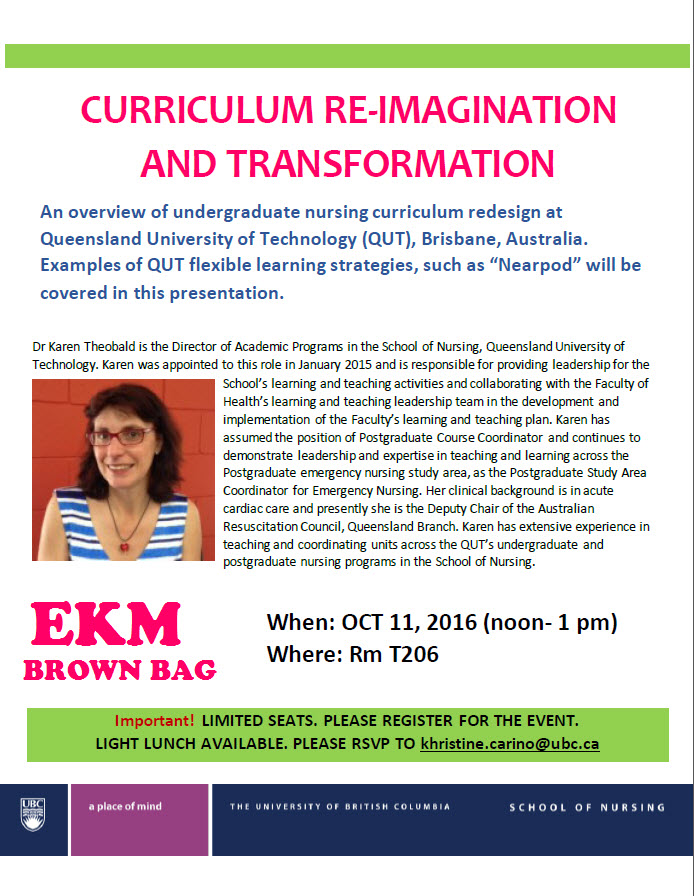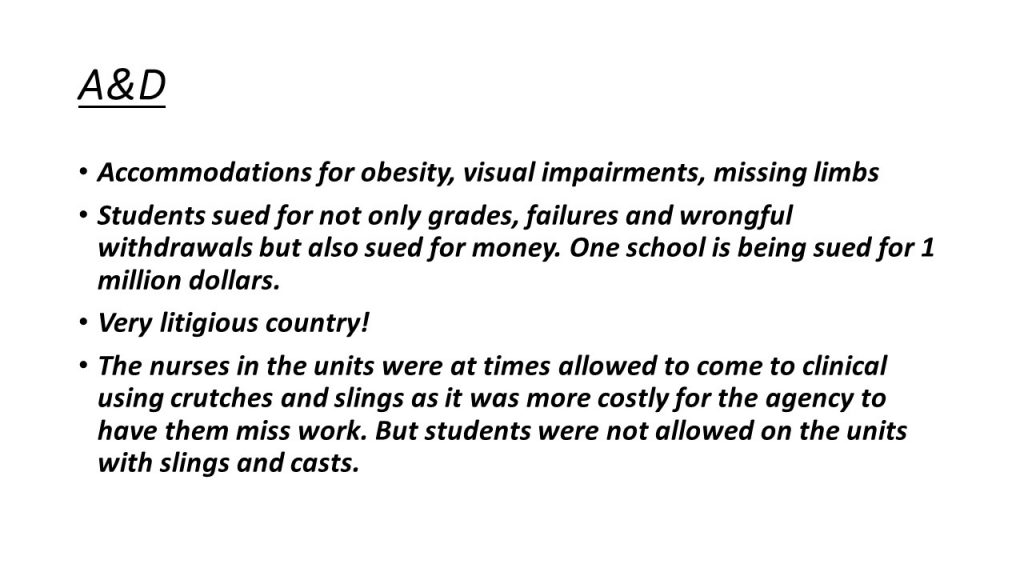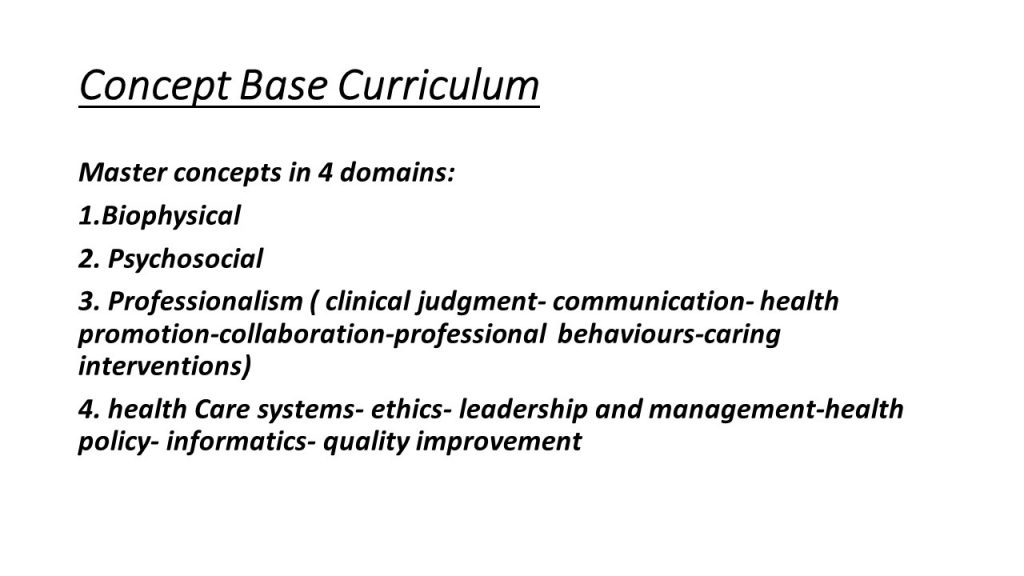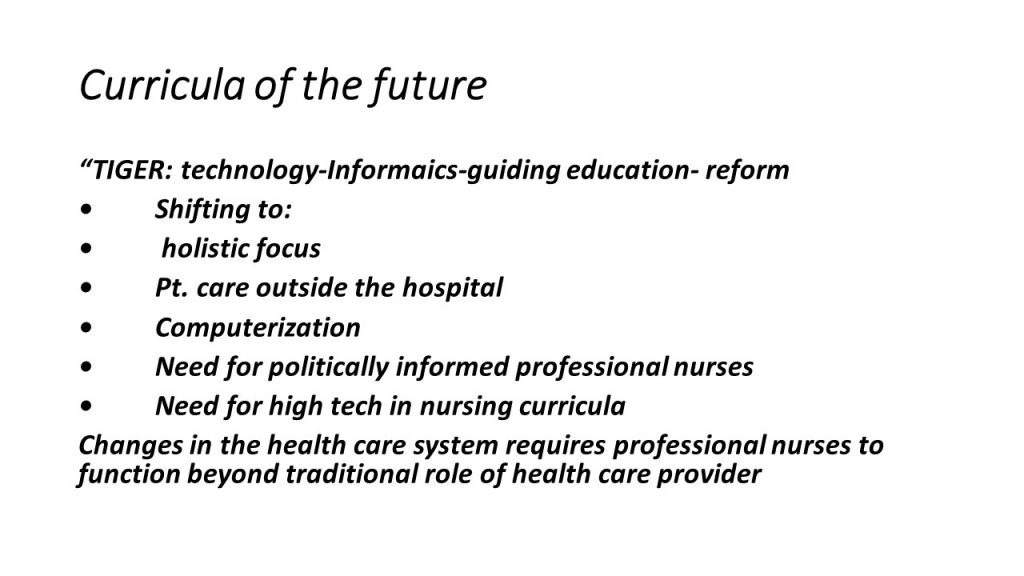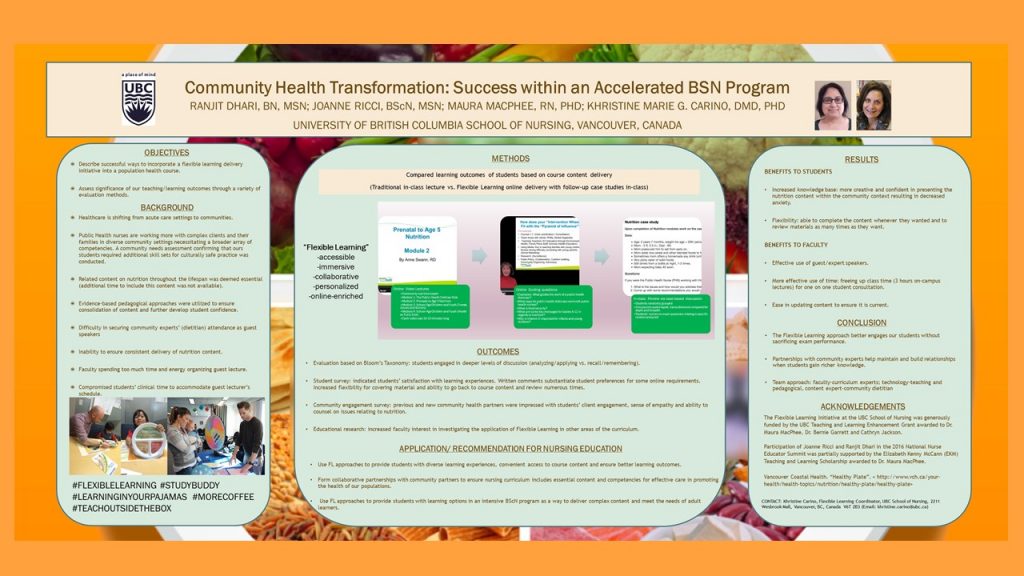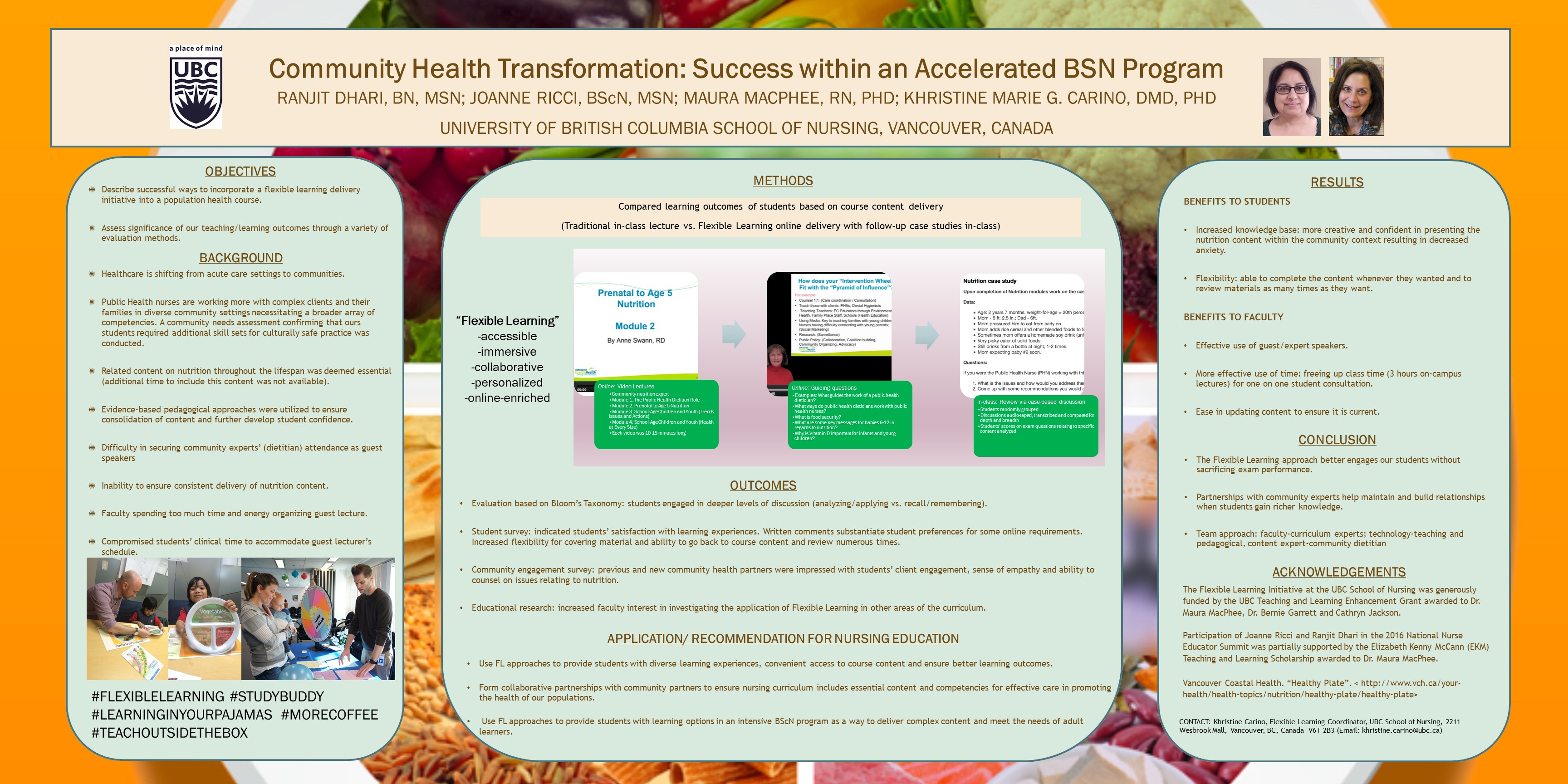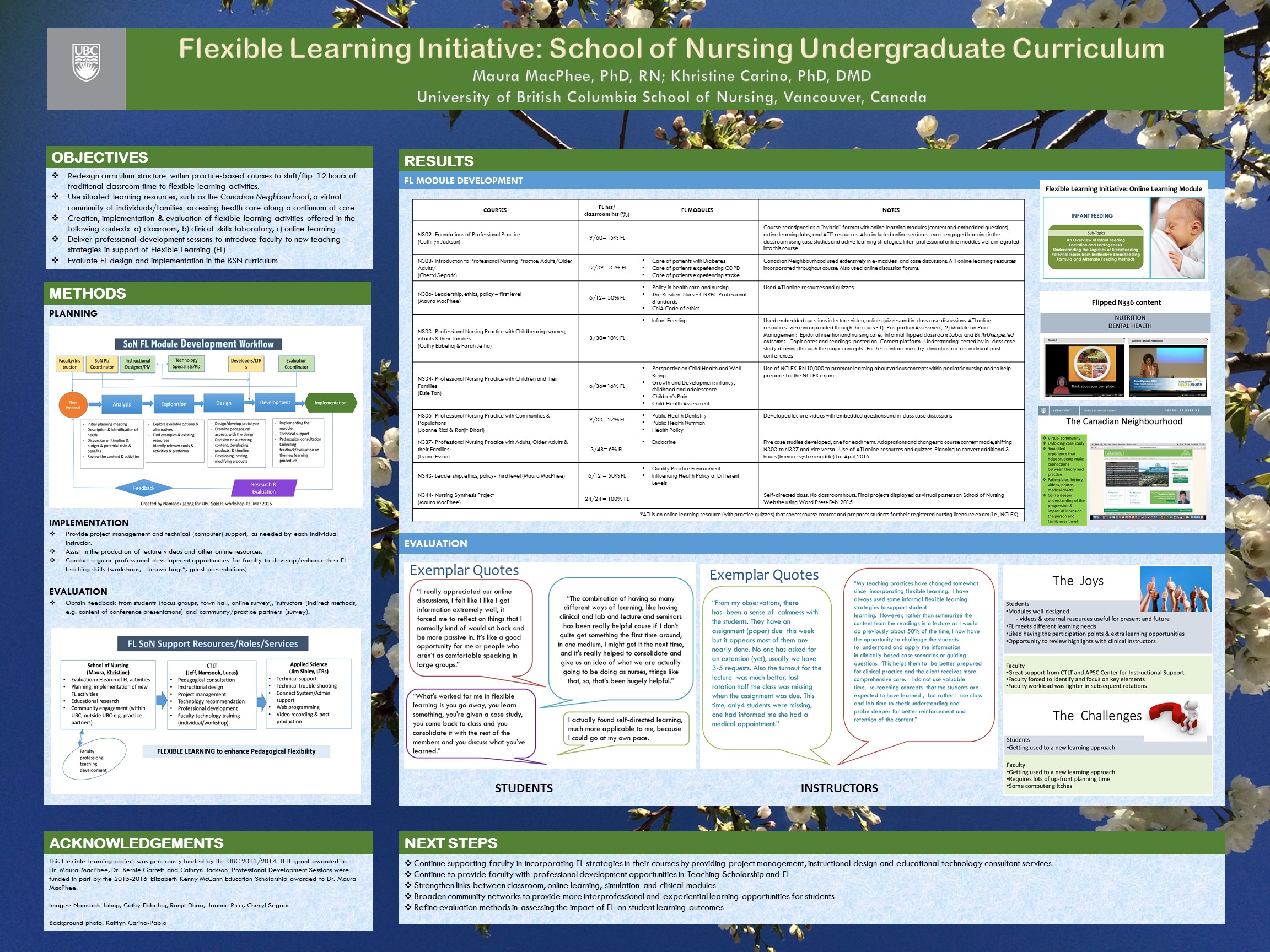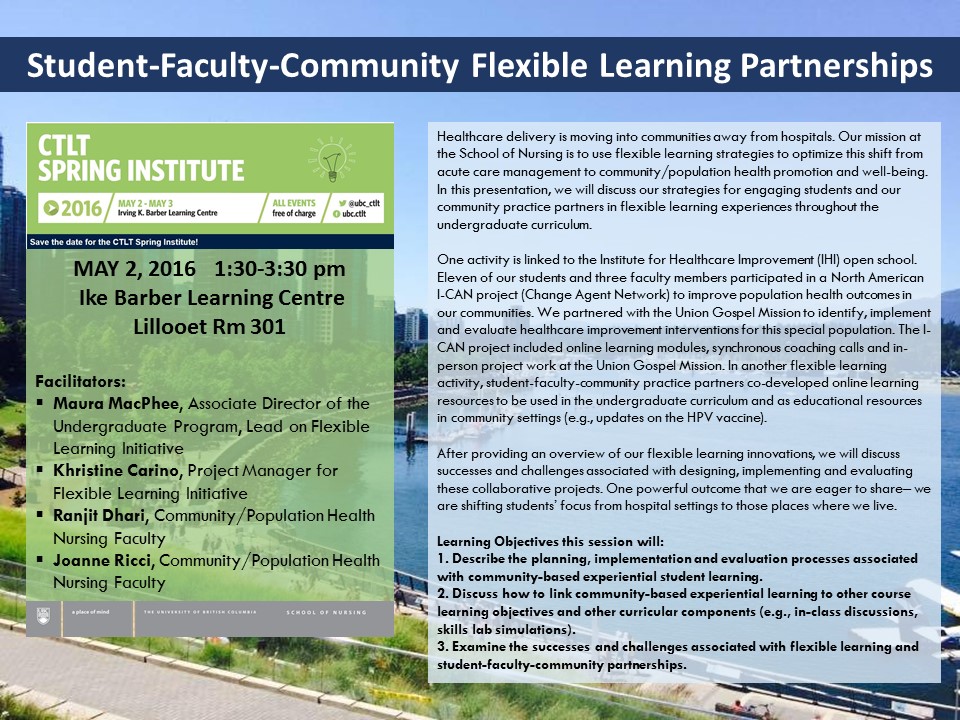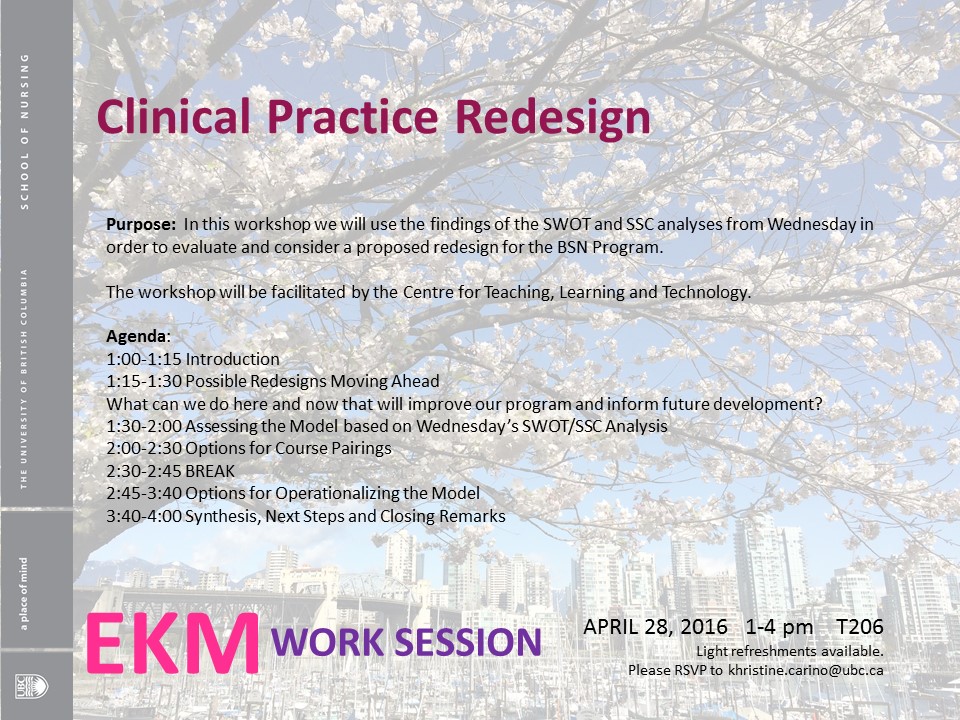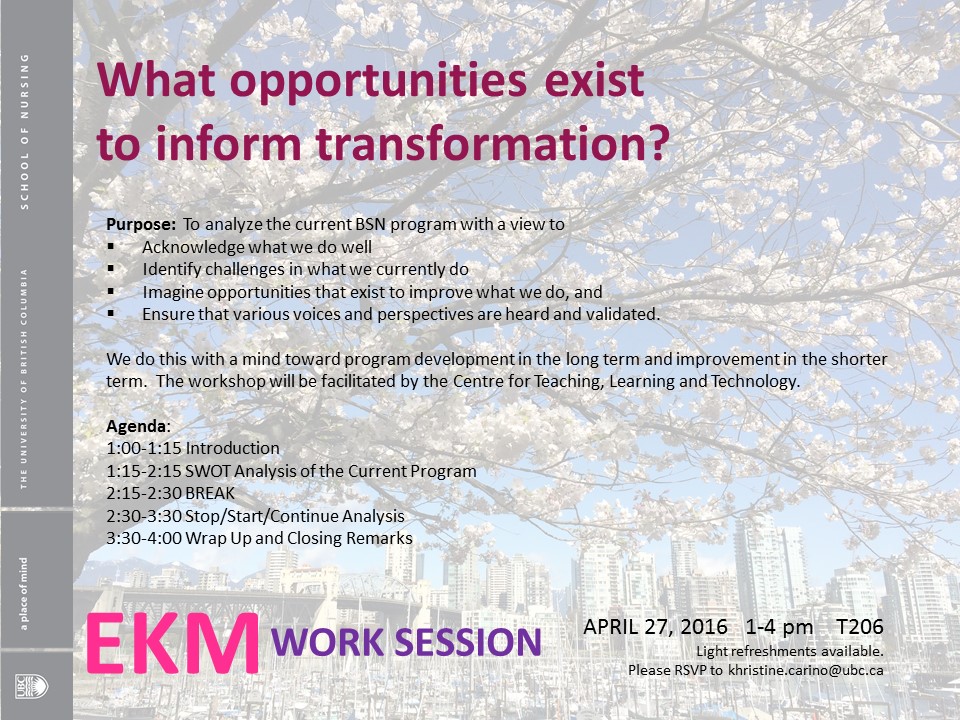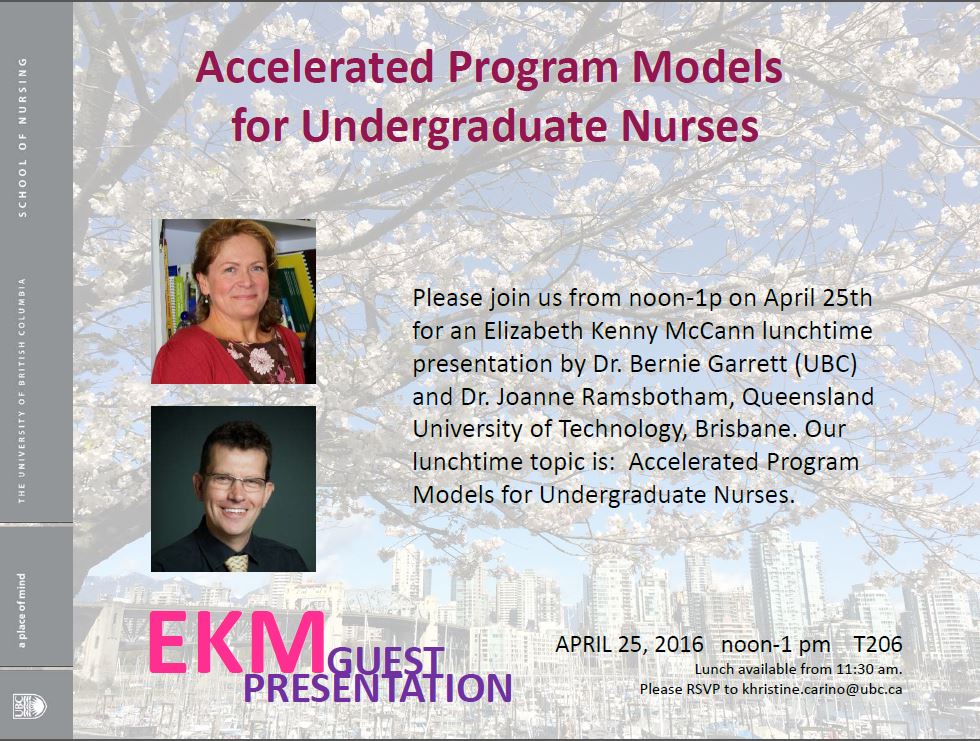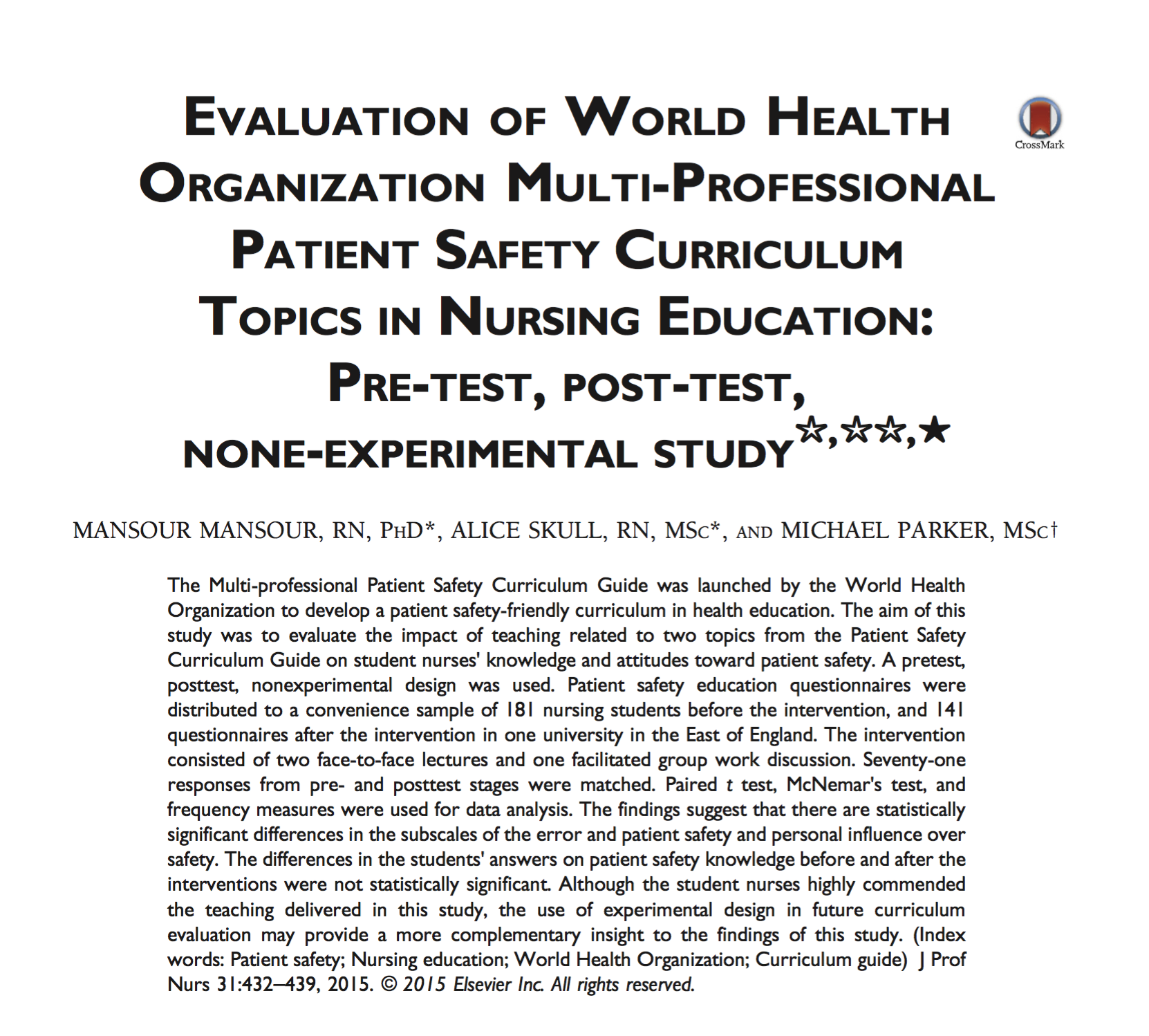Author Archives: Khristine Carino
Workshop Alert: Designing Your Scholarly Inquiry Project
 What: Designing your scholarly inquiry project workshop
What: Designing your scholarly inquiry project workshop
When: June 7 @ 9 am-12:00 pm
Where: Delta Burnaby Hotel & Conference Centre 4331 Dominion Street Burnaby, British Columbia V5G 1C7
Pre-Registration Required: 20 Participants Maximum
This Workshop Overview: A systems overview of the elements of a scholarly inquiry project. We will identify where the common challenges are in progressing through the phases of conducting a scholarly inquiry project.
All Workshops Overview: Scholarly inquiry into student learning involves a systematic set of inquiry processes into student learning. Normally conducted within one’s own class, it is evidence-based, peer reviewed and publicly shared. Through structured facilitation and peer discussion, you will learn about finding appropriate literature, writing a researchable question, strategies for data collection and analysis, ethical requirements, and ways to disseminate your inquiry results.
During the Tuesday and Wednesday (June 7 and 8) of the Festival of Learning, four half-day workshops are being offered to any participant focused on learning how to design an inquiry project into teaching and learning (Part 1 June 7 (9- 12); Part 2 June 7 (1 – 4:30); Part 3 June 8 (9-12) and Part 4 June 8 (1 – 4:30). The workshops are hands-on and will assist you in transforming an idea for a project into a study that you can conduct at your institution.
Pre-registration is required for all four workshops (Parts 1, 2, 3 and 4). You can choose any combination of the four Parts. We suggest that attendees of Part 2 also attend Part 1. If you choose to attend all workshops/parts, at the end of the two days, you will have created the foundation for conducting your inquiry study and know how to proceed with implementing the study at your institution.
Prior research experience is not a prerequisite, nor is any experience with educational or pedagogical investigation. These workshops are designed to help faculty build new expertise, making use of their own background and experience brought from the classroom.
Presenters
Gary Hunt, Co-ordinator Teaching and Learning, Centre for Student Engagement and Learning Innovation, Thompson Rivers University
Ido Roll, Senior Manager, Research and Evaluation, Centre for Teaching, Learning and Technology, University of British Columbia,
Peter Arthur, Senior Instructor, Faculty of Education, University of British Columbia Okanagan
Registration here: https://www.eply.com/FestivalofLearning
EKM Brown Bag Recap (April 12): Evaluation of World Health Organization Multi-Professional Patient Safety Curriculum Topics in Nursing Education: Pre-test, post-test, none-experimental
- Quality & Safety Education for Nurses includes 6 competencies:
- Patient-centered care
- Teamwork and collaboration
- Evidence-based practice
- Quality improvement
- Safety (culture of safety)
- Informatics
- Implicit→Explicit QSEN
- Simulated learning
- Clinical experiences
- Research findings
- Student awareness and understanding→ decrease in preventable errors
- Students focus on the bedside. What about systems level quality/safety?
- Students need to know Q/S implications at different systems levels
- The World Health Organization (WHO) multi-professional patient safety guide
- Interprofessional education
- 11 patient safety topics
- Human factors*, systems thinking
- Interprofessional education
*Human factors=designing structures and processes to decrease human error
- Pre/post-test non-experimental design with UK pre-registration nursing students
- Curriculum=50% theory, 50% practice
- Students must pass 12 modules, 11 have practice elements
- Last module: Professional Management module
- Patient safety educational intervention=2 lectures, 1 facilitated group work (FGW)
- WHO materials: a) What is patient safety? b) How we understand and learn from errors to prevent harm.
- 5 lecture hours at 2nd, 8th week, 1 3-hour FG on 9th week
- 181 baseline questionnaires, 141 questionnaires at the 10th, last week
- WHO pre-test 28 item questionnaire on attitudes and knowledge
- WHO post-test: same questions + 16 questions on perceptions of teaching effectiveness and merit of content in the curriculum
- Significant differences in attitudes after intervention for:
- Error and patient safety
- Personal influence over safety
- No significant differences after the intervention for 5 knowledge questions
- Positive feedback: “Should have been taught earlier.”
- Rationale for non-significant findings:
- Classroom content needs to be reinforced in simulations, practice
Event invitation: New Perspectives on Learning in the Downtown Eastside
A Community-University Conference, May 3rd-4th, 2016
As part of UBC’s Centennial celebrations, the UBC Learning Exchange is organizing a unique conference that will bring together community members, faculty and students to experience, share, and reflect on diverse perspectives and practices of learning in Vancouver’s Downtown Eastside (DTES). The two-day conference will highlight innovative learning exchanges and generate ideas and directions for the future.
Save the Date
The conference will be happening at the UBC Learning Exchange, the Vancouver Japanese Language School, and Ironworks Studios.
Key dates:
• Main conference days are Tuesday, May 3rd and Wednesday, May 4th
• Wrap-up conversations and social during dinner on Wednesday, May 4th
• Post-conference activities on May 5th
How is this innovative?
Historic Locations: Spans over multiple historic locations, embedded in the community.
Diverse People: Connects community members and organizations with UBC faculty, staff, and students, in welcoming and friendly ways.
Fresh Themes: Explores a variety of themes from hot topics in the DTES and peer facilitation to student experiential learning and new approaches in evaluation and knowledge exchange.
Non-Traditional Formats: Features a wide range of sessions including workshops, arts-based activities, performances, panel discussions, and interactive exhibits.
Details and registration at here.
CTLT 2016 Spring Institute: mark your calendar!
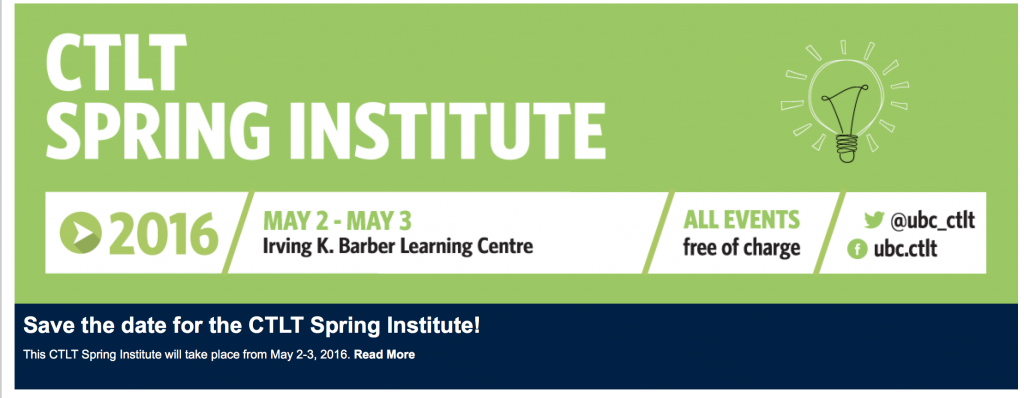 Check out this year’s featured presentations at the CTLT Spring Institute which will be held May 2-3 at the Ike Barber Learning Center.
Check out this year’s featured presentations at the CTLT Spring Institute which will be held May 2-3 at the Ike Barber Learning Center.
The Flexible Learning Team of the School of Nursing will be sharing insights on Student-Faculty-Community Flexible Learning Partnerships. The session will be on May 2, 2016 at 1:30-3:30 pm at the Lillooet Room 301. The learning objectives are: (1) Describe the planning, implementation and evaluation processes associated with community-based experiential student learning, (2) Discuss how to link community-based experiential learning to other course learning objectives and other curricular components (e.g., in-class discussions, skills lab simulations), and (3) Examine the successes and challenges associated with flexible learning and student-faculty-community partnerships. Session facilitators are: Dr. Maura MacPhee, Associate Director of the Undergraduate Program, Lead on Flexible Leaning Initiative in the School of Nursing; Khristine Carino, Project manager for Flexible Learning Initiative at the School of Nursing; Ranjit Dhari, Community/Population Health Nursing Faculty and Joanne Ricci, Community/Population Health Nursing Faculty.
To register for the CTLT Spring Institute, click here.
